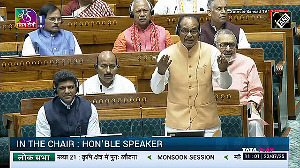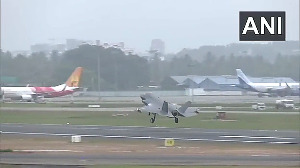The government is in the process of reviewing and updating the national cyber security strategy to improve data security, Pillai said at a conference on the challenge posed by cyber crimes organised by National Association of Software and Services Companies's Data Security Council and Delotte. He said government has formulated a crisis management plan and created a national computer emergency response team CERT-IN, which is the national nodal agency in the cyber security and also works with international partners.
The home secretary also raised the issue of improving cyber security certification system in the country. "When we were looking at the import of telecom infrastructure equipment in India, we found that we don't have lab for certification in India and now we have just one lab in Kolkata which can do the level three certification. We need far more labs to come up in India, if we have to make sure that equipment that comes as part of infrastructure and many other sectors is in one sense safe," he said.
Pillai said domestic laws are in place but there is an absence of any "harmonised" international legal framework in tackling cyber crimes which are "borderless".
"Because the bulk of servers are outside India, when you want help, when you move to law enforcement agencies of other countries, help comes sometime but it comes very late, its delayed and many times they are not willing to give us information citing privacy issues," he said.
Pillai who released a "cyber security manual" said collecting evidence or prosecuting cyber criminals is not easy in this borderless domain, let alone eliminating cyber terrorism.
"Some of the crimes could also be committed by the state. Unlike in other cases where you say the state does not commit crime, the internet could be used by the state to achieve strategic objectives and getting international agreement is going to be difficult," he said.
The home secretary also gave example of recently concluded Commonwealth Games where over 8,200 unsuccessful hacking attempts were made on the scoring and timing systems.








